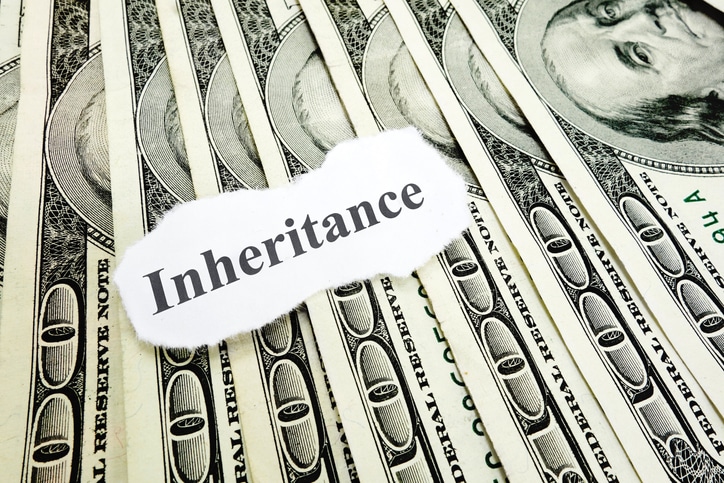Drafting estate planning documents is seldom a top priority, but they are important for you and your family. Everyone needs a few essential documents to provide direction if you are not able to act on your own accord. This need could occur in a variety of situations such as being out of town or the country, becoming incapacitated, or upon death. In this article we review key recommended documents.
Power of Attorney
A power of attorney document allows a named individual or individuals to act on your behalf during your lifetime if you are unavailable or unable to act. The named agent(s) can transact a variety of financial and legal actions for you. The scope of actions a power of attorney can perform is typically outlined in the document, allowing you to grant or restrict options.
Individuals typically execute a durable power of attorney, allowing named agents to act at any time the need arises. Alternatively, a springing power of attorney only grants agents to act in the event of qualifying “springing” events, such as doctors declaring you as incompetent or incapacitated.
It is always recommended to name multiple agents so that you have a back-up if your first selected individual is not able to serve on your behalf.
Medical Power of Attorney and/or Advance Directive
Distinct from a traditional power of attorney, a medical power of attorney document directs a named agent to make medical decisions on your behalf. An advance directive is another common document that outlines your wishes if you are in a terminal state. These documents ensure that your medical wishes are honored with agents capable of making decisions for you if you are not able to do so yourself.
Last Will and Testament
While the above documents are needed during your lifetime, it is also essential to have a Last Will and Testament (Will) to outline the distribution of your belongings and assets upon your death.
Similar to power of attorney documents, a Will names an agent known as the Executor or Personal Representative to finalize your affairs. The document often outlines your wishes for burial, cremation, and services upon your death.
The Will addresses who you have selected to receive your personal belongings, properties, financial assets or other belongings.
Additionally, if you have minor children, the document should name a guardian to care for your child(ren) upon your death. This is an essential component for all parents of young children so that the courts do not have to name a guardian on your behalf. Planning for young children requires careful considerations of your wishes and intentions as your children grow and become young adults. We discuss more about planning for your children in our article entitled Estate Planning for the Benefit of Your Children (of All Ages).
Similarly, if you have pets, it is wise to outline who will care for your pets and possibly allocate a sum of money to assist in their care.
Revocable Trusts
A Revocable Trust is similar to a Will as it specifies your intentions for distributing assets upon your death. It’s primary purpose is to avoid probate upon death. The probate process requires administrative efforts with the courts and can record your assets on public record.
Another benefit of a Trust document is that you can easily name co-Trustees as well as successor Trustees. If the grantor or creator of a Trust is unable to act, it is often easier for selected named parties to begin acting on your behalf.
Ideally, assets should be titled in the name of the Revocable Trust to fulfill its intended benefits.
Other Documents
Other documents, beyond those noted above, could be part of your suite of documents. Additional documents are frequently needed in instances of owning a business, planning disabled children, having an estate that faces future estate tax exposure, or other personal planning objectives.
Updating Documents
In addition to executing initial documents, it is important to update your documents for a number of reasons:
- Personal Changes
A variety of personal changes could necessitate updates to your planning documents such as the birth or adoption of a child, marriage, divorce, death of a family member, new preferences in your named agents, growth in your assets, or other reasons.
- Legal Changes
Changes in the law that impact your planning decisions might necessitate document revisions.
- Moving to a New State
Several of your essential planning documents entail state specific language. If you move to a new state, you likely need to execute new documents that conform to your new state of residence and applicable laws.
Beneficiary Designations
It is important to know that assets with beneficiary designations pass directly to the people you name versus flowing through your Will or Trust. Beneficiary designations are common on retirement accounts and insurance policies. If your objective is for assets to be held in a Trust, it is important to embed proper language in your beneficiary designations to achieve this intended structure.
The Importance of Working With a Qualified Attorney
The planning documents named above are drafted by attorneys. It is important to work with an attorney who specializes in estate planning to ensure your documents are correct and up-to-date with relevant legal changes.
While documents can also be drafted using online companies, we caution readers about using these services. The outcome of the documents is typically dependent upon your understanding of the questions and the answers you provide. Any misunderstanding can lead to errors in your documents. If you are not an expert in the area of estate planning, it is best to work with a professional who is.
SageVest Wealth Management advisors are trained in estate planning. We frequently guide clients to identify needs and appropriate planning structures. Additionally, we always offer to participate in the planning process with your attorney as part of our working relationship with you. We invite you to contact us about your planning and broader financial needs.




